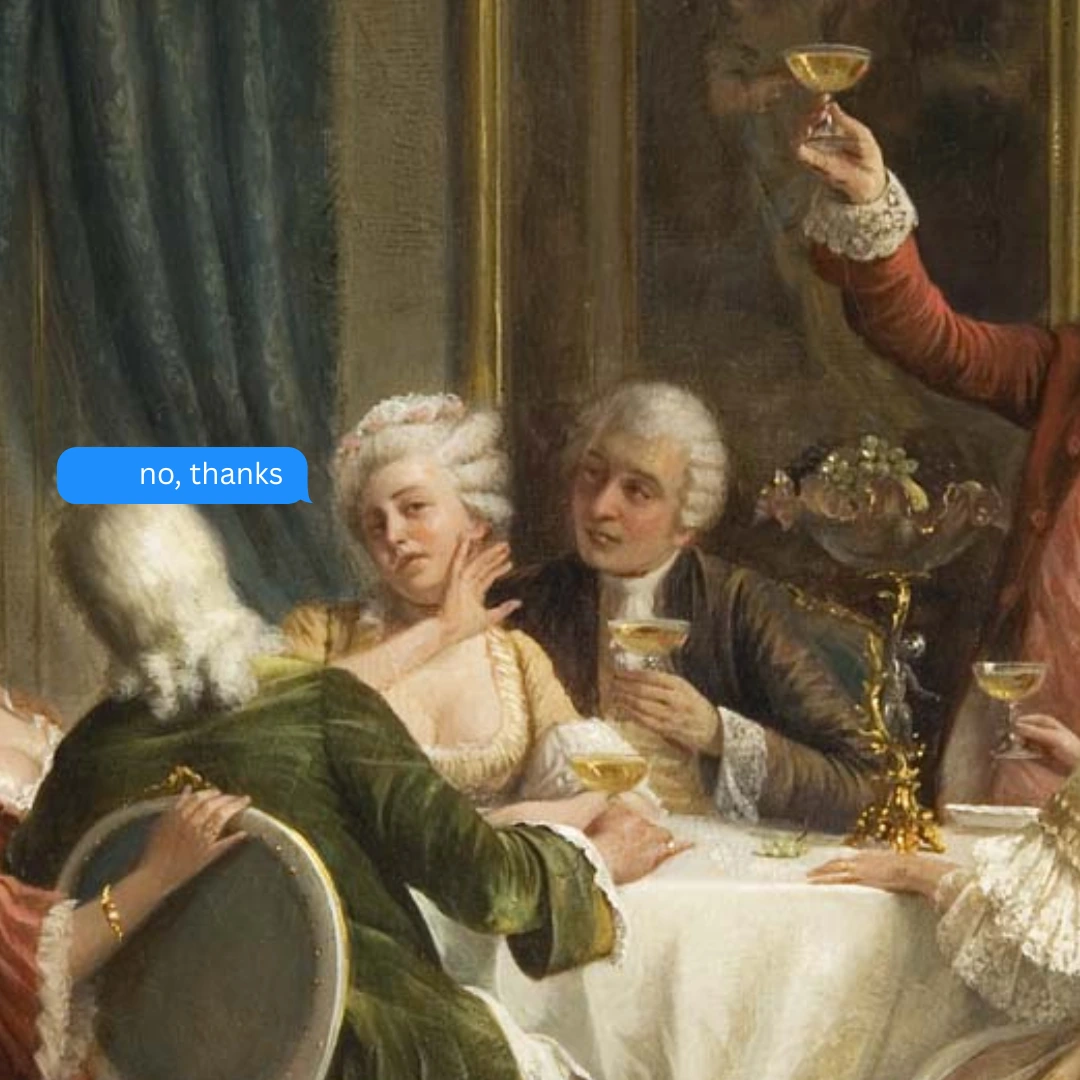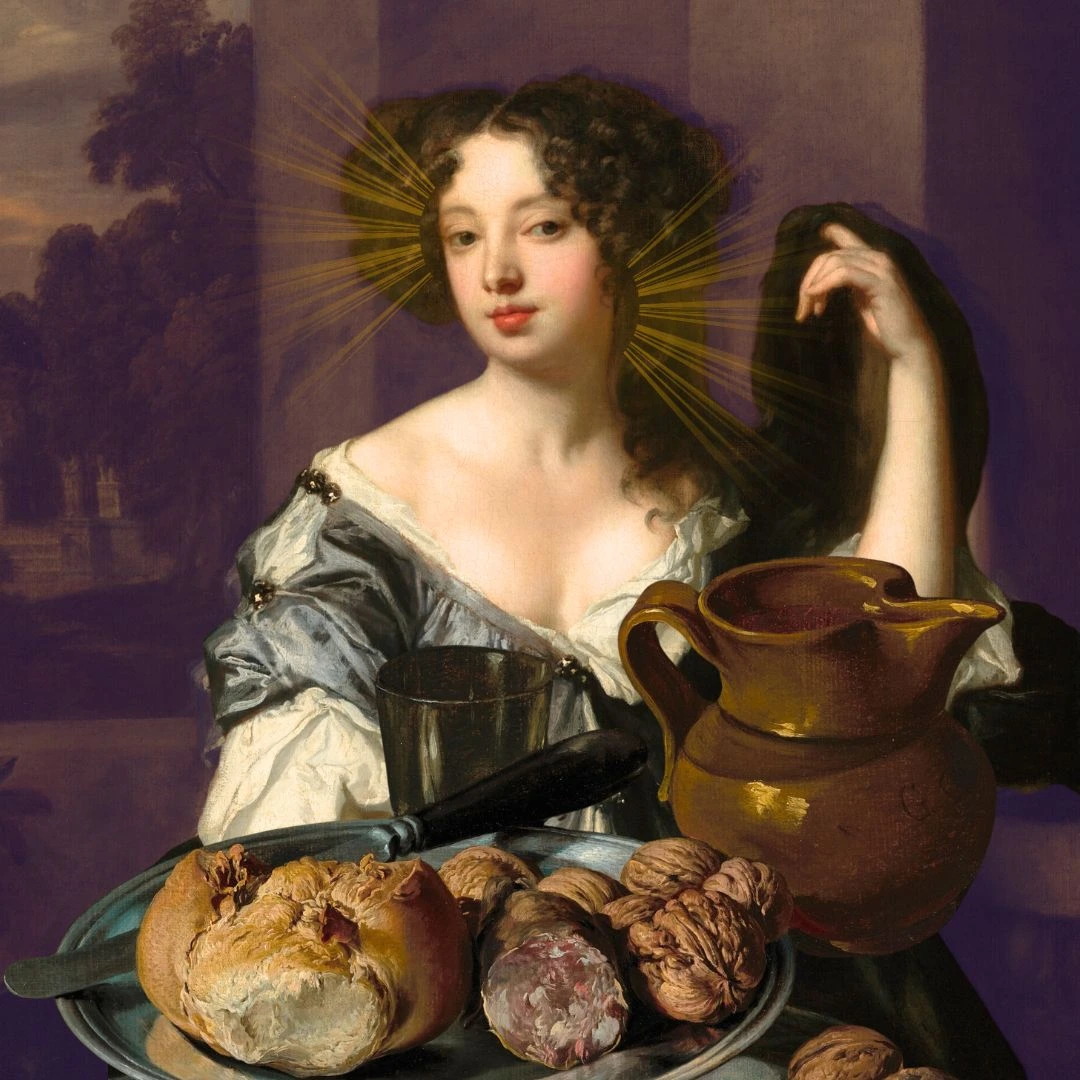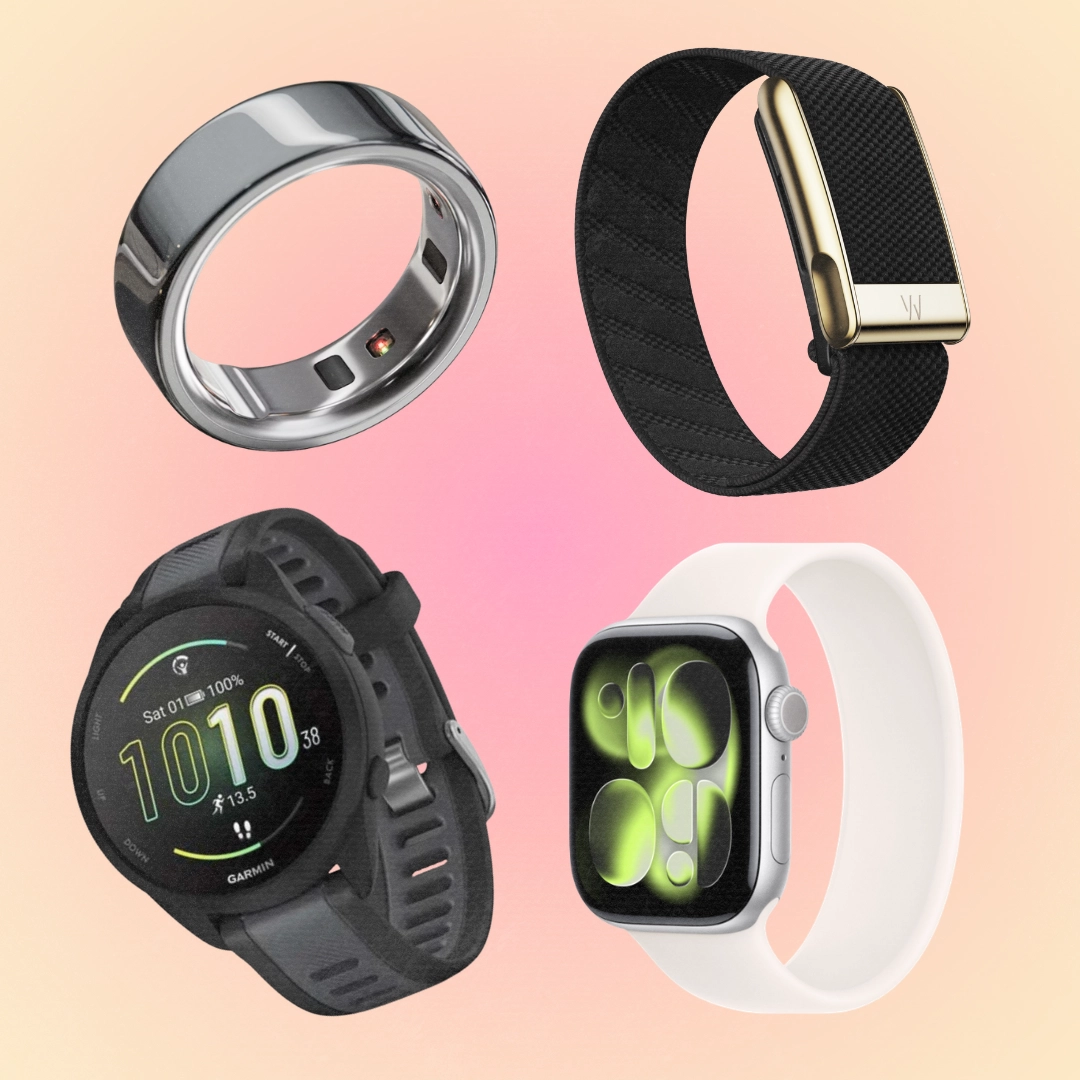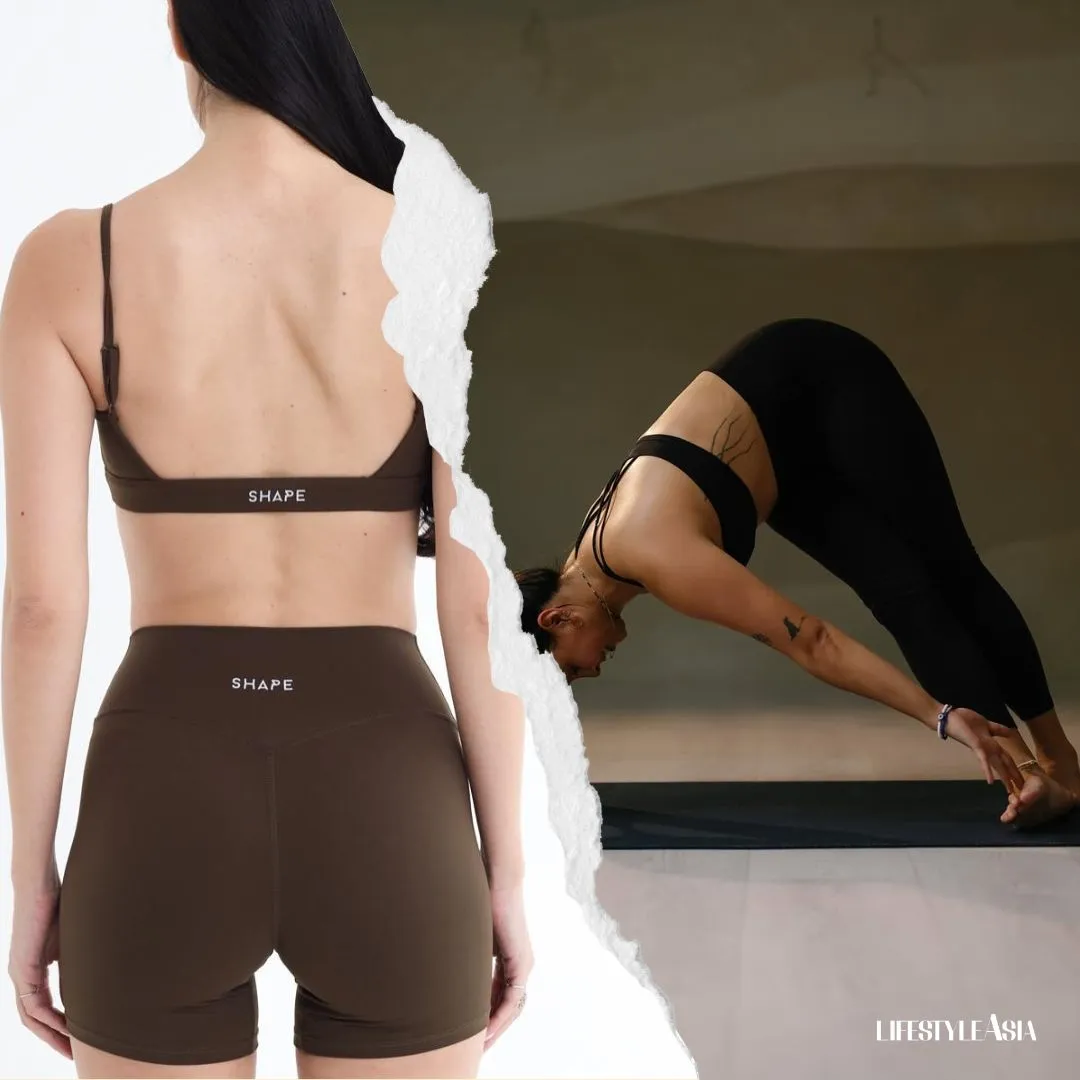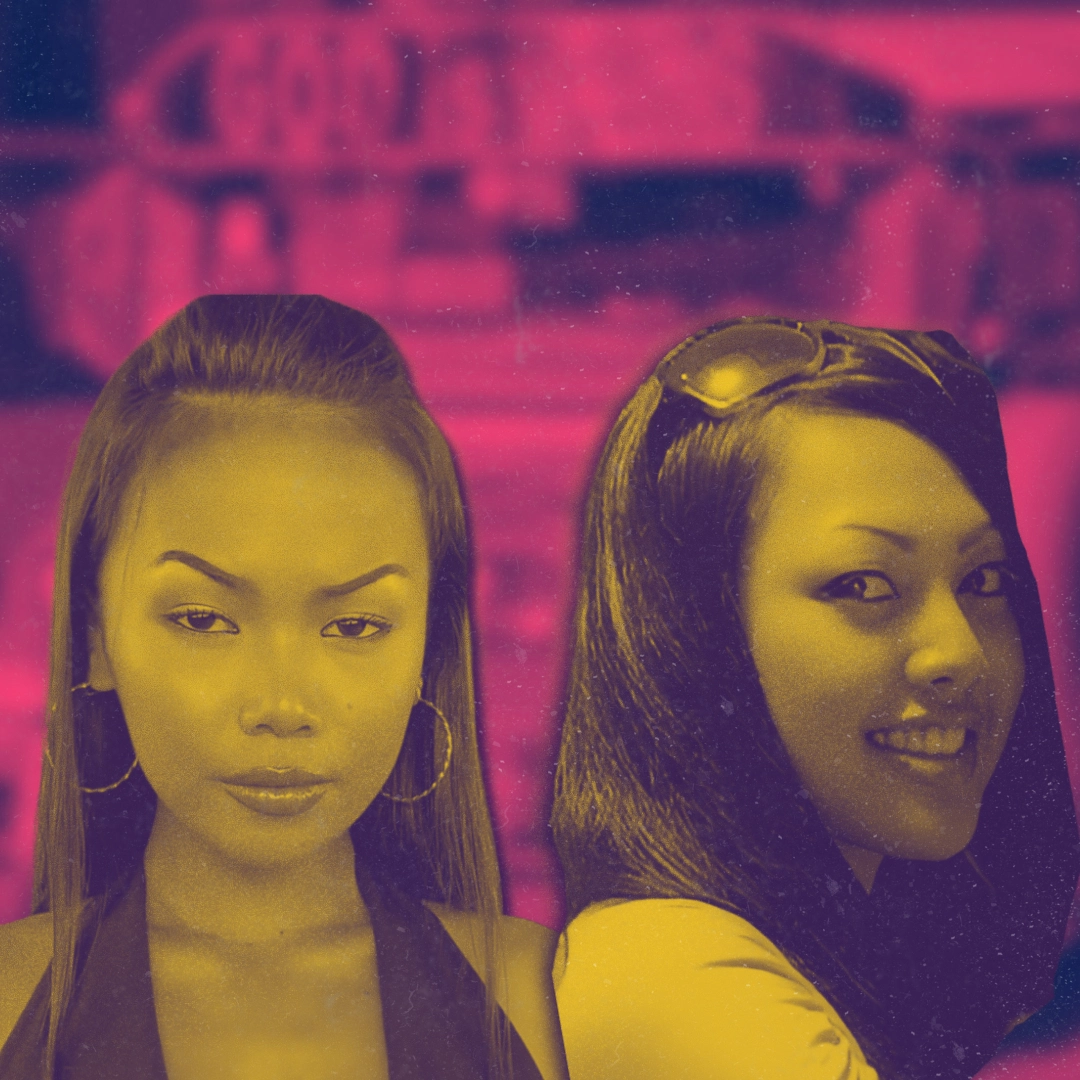Boozy nights are out, mindful living is in. From mocktails to mental clarity, we unpack the rise of the sober curious movement and why this shift might be here to stay.
Here’s a hot take: drinking is so passé. Gone are the days when the number of drinks or shots you had the night before is worn as a badge of honor. That era is quietly fading—and in its place, a new lifestyle is taking hold. Welcome to the “sober curious” movement, where cocktails are giving way to mocktails, and less booze is needed to schmooze.
No, this isn’t just a symptom of people entering their thirties, aging out of hangovers, and looking down at the energetic twenty-somethings while reminiscing, “I could when I was your age…” The sober curious lifestyle transcends age demographics. In fact, it’s Gen Z—the generation known for rewriting the rules—that’s leading the charge in the sober curious or NoLo (no- and low alcohol) lifestyle.
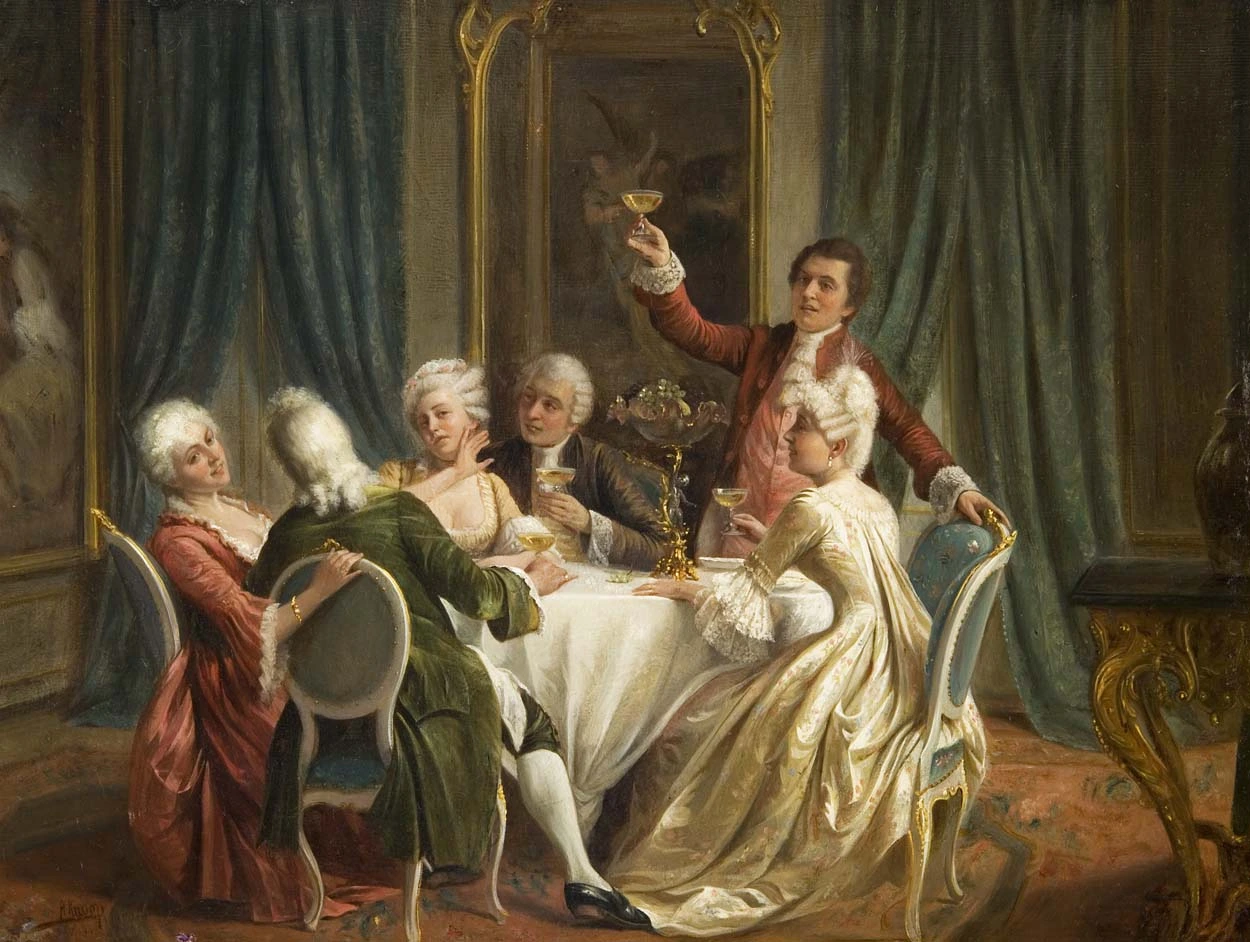
Let’s unpack the rise of the sober curious and why this shift might be here to stay.
Gen Z Leads the Sober Curious Charge
Over the past few years, mindful drinking has emerged as a wellness trend. This is intrinsically linked to the broader movement of self-optimization. Choosing NoLo is increasingly seen as a path to becoming your “best self,” rather than a social liability. The numbers back it up. In the US, a 2023 Gallup survey found that 62% of adults under 35 say they drink, down from 72% two decades ago.
Major players in the beverage industry are shifting their strategies. Anheuser-Busch InBev is aiming for NoLo products to account for 20% of its sales by 2025. Non-alcoholic beer, wine, and spirits are booming—not as fringe options, but as sophisticated, sought-after products that meet a growing demand.
Younger consumers are changing the cultural conversation around alcohol, challenging the idea that socializing has to involve drinking. Some have quit entirely. Others are simply cutting back—either way, the movement is reshaping everything from bar menus to brand marketing. So, why are more people rethinking their relationship with alcohol? And what does it mean for the future of social life, wellness culture, and what it means to have a “good time”?
READ ALSO: Mindful Movement: The Pilates Revolution
Rewind to “E-Numans” Before The Sober Curious Movement
If we were to hypothesize when the sober curious emerged, it would likely be just after the height of COVID-19. While 2020 will forever be remembered as the year the world shut down, it was also the year we drank. A lot. The early lockdown days were a blur of clinking G&Ts on Zoom, wine glasses becoming permanent desk accessories, and social media feeds filled with jokes about “quarantinis” or “e-numan” sessions.
For many, alcohol became a solution for stress, boredom, and the anxiety of an uncertain future. Data from that time showed a sharp uptick in alcohol consumption, with a 14% increase in drinking days per month. But beneath the haze of solo drinks and virtual cheers, something deeper started to shift.
The pandemic’s relentless pace—or lack thereof—created space for reflection. People were suddenly forced to sit with themselves, their routines, and their health. As physical and mental wellness came under siege, many started to reevaluate not just how much they were drinking, but why. In hindsight, COVID didn’t just spark a surge in alcohol use but also planted the seeds for a new kind of awareness.
The Post-Pandemic Awakening To Being Sober Curious
This inward turn coincided with a broader cultural awakening. Gen Z, already more health-conscious than previous generations, began to view alcohol with increased skepticism, likening it to cigarettes in terms of long-term health risks. With access to limitless information at their fingertips, they are more informed about the toll alcohol can take on both the body and mind.
Studies show that Gen Z drinks about 20% less than millennials, who themselves drink less than Gen X and Boomers. And it’s not just about avoiding hangovers—86% of Gen Z consumers say their mental health is just as important as their physical health when deciding whether or not to drink.
But there’s more to it than just health. The social landscape has changed, too. Post-pandemic, in-person interactions haven’t fully bounced back to pre-2020 levels, especially among younger people. With fewer nights spent at clubs, there’s simply less social pressure to drink. Add to that the rise of alternative substances like marijuana and vapes (a whole different beast to be tackled another time), and alcohol arguably doesn’t have the same appeal it once did.
Then there’s the digital dimension. As the first true digital natives, Gen Z knows that what happens on the Internet stays on the Internet. Social media has made them hyper-aware of how their actions, especially those influenced by alcohol, can be recorded, screenshotted, and shared for all to see. The idea of waking up to an embarrassing post or regrettable DM is enough to make anyone think twice before pouring another drink. In this sense, the sober curious is also about image control, reputation, and choosing clarity over chaos.
What started as a coping mechanism during a global crisis has quietly morphed into a movement—one driven by introspection, education, and a generational shift in priorities. Sobriety isn’t just an alternative anymore. For many, it’s the default.
Hard Truths Making People Sober Curious
We get it, alcohol is not great for you. But just how bad is it? According to the World Health Organization, it’s linked to over 200 health conditions, including liver disease, cancer, and heart issues. And while we’ve all heard the “a glass of wine a day” myth, more recent research debunks that idea. Studies show that even low levels of alcohol can raise the risk of mortality, while others reveal that just one drink a day might lead to brain shrinkage.
We feel the tangible effects of alcohol after consumption, as it takes a long time to be fully processed by our bodies. Alcohol can disrupt digestion by irritating the stomach lining, leading to issues like heartburn, acid reflux, and diarrhea, as well as reducing nutrient and water absorption. On the outside, alcohol speeds up aging by dehydrating the body, often showing up as dryness, dullness, and puffiness.
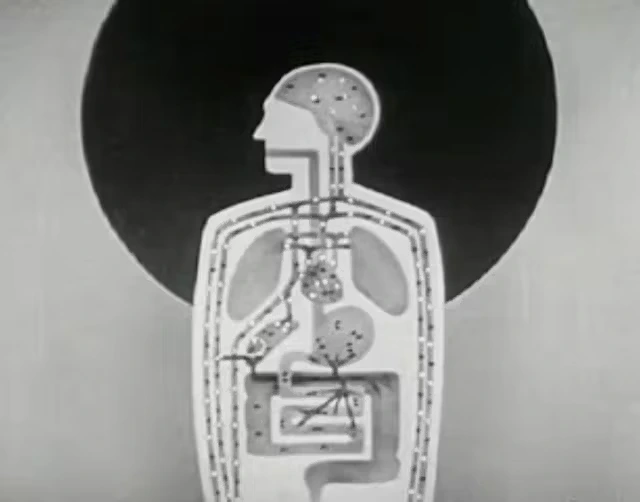
Again, this information is not new. But people still feel good when they drink—and who doesn’t want to feel good? Alcohol releases dopamine and endorphins and slows down activity in the central nervous system, which can create a sense of relaxation, lowered inhibitions, and temporary relief from stress or anxiety. In social settings, this can enhance feelings of connection or confidence. However, these effects are short-lived and are often followed by a dip in mood, irritability, or fatigue as the body processes the alcohol.
A big part of this comes down to how alcohol affects sleep. Although it may help you fall asleep faster, it significantly reduces sleep quality by disrupting your natural sleep cycle, especially the REM phase, which is crucial for memory, mood balance, and brain function. As the body metabolizes alcohol, sleep becomes lighter and more fragmented, leading to insomnia, daytime fatigue, and impaired cognitive performance. Over time, poor sleep can increase the risk of mental health issues.
Celebrities Embracing Sobriety
For many, choosing to drink less—or not at all—isn’t about fighting alcoholism or imposing restrictive boundaries. It’s about wanting to feel better, think more clearly, and live more intentionally. And if you need proof that the sober curious lifestyle is catching on, just look at some of the biggest names in pop culture.
Take Tom Holland, for example. What started as a Dry January challenge in 2022 turned into years of sobriety. “I couldn’t quite wrap my head around how much I was struggling without booze in that first month, and it really scared me,” he shared on The Rich Roll Podcast. The experience led him to reevaluate his relationship with alcohol and even launch his own alcohol-free beer brand, Bero.
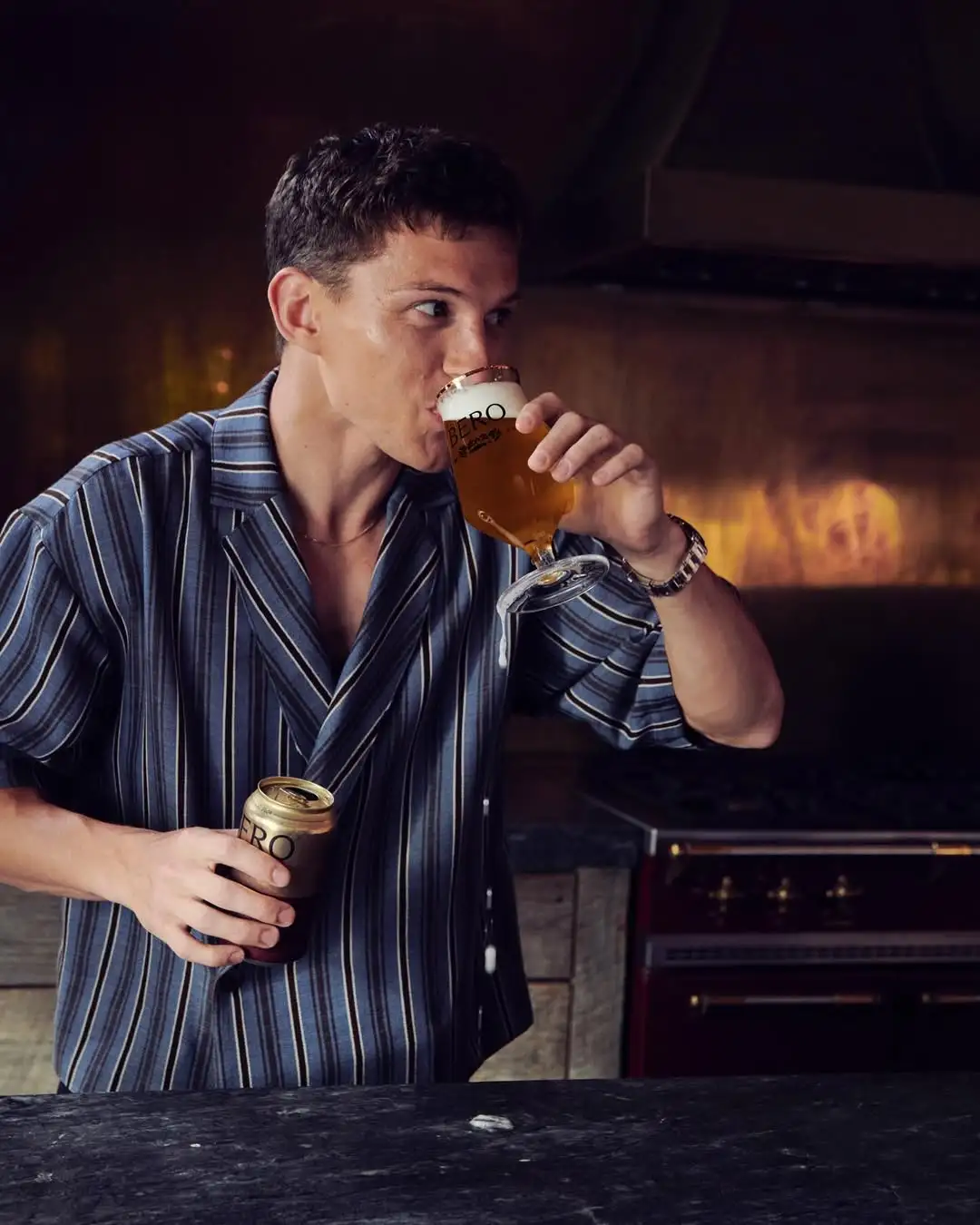
For Miley Cyrus, what began as a temporary detox ahead of vocal surgery became a lifestyle change. “At the beginning, it was just about this vocal surgery,” she told Variety, “but I had been thinking a lot about my mother,” noting how generational patterns around drinking made her reflect on her own habits.
For F1 legend Lewis Hamilton, giving up alcohol was less about social pressure and more about performance. “Since I’ve stopped drinking, I’ve just been feeling so much better, so much more clarity,” he told Vogue. “I sleep better, I wake up in the morning, and I can still get up at 5 AM.”
Benefits of Drinking Less
The benefits of drinking less are undeniable, especially when it comes to mental and physical health. Many people report improved sleep quality, sharper focus, and more stable moods after cutting back. While alcohol may feel relaxing in the moment, its long-term effects can leave you foggy, tired, and irritable. Giving it up, even temporarily, can restore mental clarity and enhance emotional balance.
There’s also the physical payoff. Alcohol is calorie-dense, often loaded with sugar, and can sabotage efforts toward weight management or fitness goals. Cutting back can mean better workouts, faster recovery, and clearer skin. And whether it’s lower restaurant bills sans alcohol, skipping the late-night drunchies, or even the reduced need for that rehydrating 10-step Korean skincare routine, it’s undeniable that drinking less is kinder on your wallet.
Socially, the sober curious movement is helping to shift the narrative. With more non-alcoholic drink options on menus and alternative types of social gatherings (run club, anyone?), it’s easier than ever to say no without feeling left out. In fact, by removing alcohol from the equation, many people say they feel more connected to others and to themselves.
Whether it’s about health, mindfulness, or simple curiosity, more people are realizing that drinking less doesn’t mean missing out. If anything, it’s an invitation to feel more present, more energized, and more in control.
Are You Sober Curious? Finding Your Path to NoLo
If you’ve made it this far, there’s probably something inside you already nudging you toward change—even if you’re not exactly sure what that “something” is yet. Maybe you want to feel more energized. Maybe you’re tired of waking up groggy. Or maybe you’ve noticed a pattern—how that glass of wine always appears after a stressful workday, or a cocktail becomes your shield to combat an awkward social setting. It doesn’t have to be deep or dramatic. The reason could be as simple as wanting to sleep better, feel lighter, or show up more fully in your life.
Ask yourself what you’re hoping to shift, even if the link to alcohol isn’t obvious at first.
The first step? Start with yourself. Take time to reflect on your relationship with drinking—not just now, but over the years. Was alcohol a go-to in your high school party days? Is it your social crutch or your stress relief today? Maybe you just want that refreshing Aperol spritz with the girls, that glass of wine with your steak, or a cold beer after a round of golf. But by building this awareness, you may pinpoint certain situations or feelings that trigger the reflex to drink alcohol. Being honest with yourself about why you drink is a powerful way to understand your motivations—and to reclaim control.
From there, weigh the trade-offs. What are you gaining from alcohol—and what is it costing you? As sober coach Mandy Clarke puts it, “We’re so trained to think drinking solves our problems… but when you stop, you become much more sensitive to your real needs.”
Sober Curious Tips
Once you’ve done some inner work, it’s time for a plan—not a perfect or restrictive one, but a practical one. Here are some tools that can help:
Have a go-to drink. Whether it’s soda water with lemon, a zero-proof cocktail, or one of the many great non-alcoholic options out there, having something in your hand can ease a lot of the personal or societal pressures.
Prepare a go-to response. People will ask why you’re not drinking, and having a prepared response removes the opportunity of breaking and builds confidence in your decision—mine is “I’m training for a marathon.”
Control your environment. If bars or club nights don’t align with your goals, try proposing or saying yes to different kinds of plans. Go for hikes, host a movie night, or explore sober-friendly events—it’s about joy, not restriction.
Set goals and share them. Let your friends in on what you’re doing—real ones will support you, and might even join you. Accountability matters.
Identify your triggers. If drinking is how you cope with stress or emotions, have a healthy go-to activity ready, like working out, cooking, or journaling. Replace the reflex with something that moves you toward the version of yourself you’re working to become.
Own your journey. There’s no “right” way to do this. If you slip up, reframe and start again the next day. You’re not failing—you’re learning. And if there’s a special occasion that calls for a drink—a birthday, a promotion, or, honestly, just a terrible day—have a drink to that. Sober curiosity works best when you are drinking intentionally, not restrictively or mindlessly. This isn’t about shame. It’s about awareness.
Whether your path leads to cutting back or going completely alcohol-free, what matters most is that it’s yours. Being “sober curious” isn’t about judging others, preaching your decision, or proving anything—it’s about checking in with yourself and choosing what feels best for your body, your mind, and your life. You don’t need a rock bottom to choose NoLo. You just need a reason. And you already have one—you’re curious.
Frequently Asked Questions
“Sober curious” refers to a lifestyle choice where someone questions their drinking habits, tends to reduce or eliminate alcohol consumption, without necessarily identifying as sober or in recovery. It’s about being mindful of how drinking affects your health, mood, and life, rather than following societal norms around alcohol.
NoLo stands for “no- and low-alcohol” drinks. These include zero-proof or low-proof versions of beer, wine, cocktails, or mocktails made to offer flavor, complexity, and sociability without the effects of regular alcohol. They’re increasingly featured on menus and in wellness-oriented settings.
Reducing alcohol can improve sleep quality, sharpen mental clarity, regulate mood, increase energy, help skin appearance, aid weight management, and reduce health risks like liver disease or cancer. It can also cut down expenses and improve social and emotional relationships.
Begin by reflecting on why and when you drink. Set simple goals (like NoLo days or choosing mocktails), identify triggers, prepare responses for social situations, and explore non-alcoholic alternatives. Support from friends or mindful practices helps keep the shift intentional, not restrictive.
The sober curious movement is about choice, balance, and mindfulness; it’s not necessarily about permanent abstinence. Some follow reduced or intentional drinking paths, others choose non-alcoholic substitutes. Full sobriety is one option, but not the mandatory goal.
